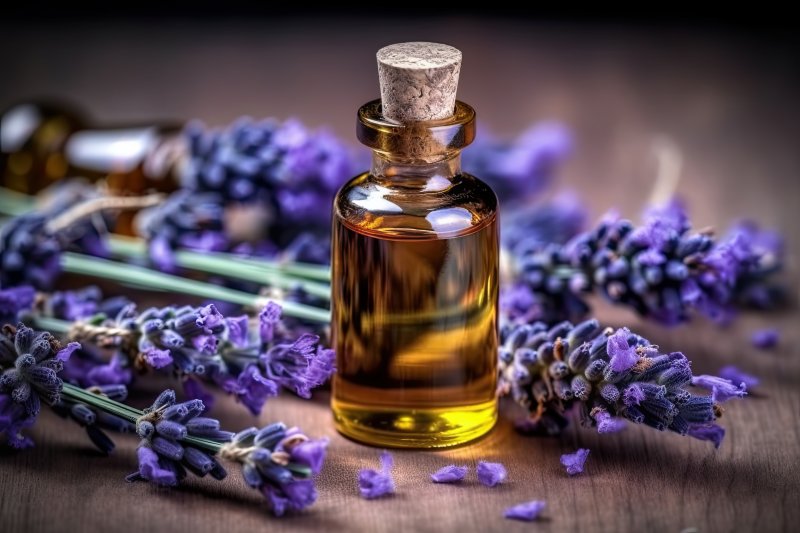
Sleep apnea is a condition that causes someone to repetitively stop breathing throughout the night during sleep. This can lead to a variety of negative consequences, including daytime sleepiness, headaches, difficulty concentrating, loud snoring, and even cardiac issues! There are a variety of treatment options available for those suffering from sleep apnea, and some wonder if essential oils can help reduce symptoms. Continue reading to learn more about their effects.
Do Essential Oils Help Sleep Apnea?
If you think that you have sleep apnea, it’s very important that you seek help from a sleep dentist. Sleep apnea can have dangerous consequences if it isn’t treated properly. By undergoing a sleep test, you can receive a diagnosis and begin the treatment you need to get quality sleep. That being said, essential oils have been used for thousands of years for a variety of ailments. While there isn’t much scientific evidence to support it, many people swear by the effects of certain essential oils on sleep.
Which Essential Oils Can Improve Sleep?
In recent years, aromatherapy through essential oils has become a popular home remedy to assist with sleep. Here are some of the most common oils used:
- Lavender Oil: Lavender oil has a positive effect on sleep. Study participants who have used it before bed reported a more restful sleep with fewer disturbances throughout the night.
- Eucalyptus Oil: Eucalyptus oil has been shown to reduce the mucus in your sinuses and airways, helping you breathe while sleeping.
- Peppermint Oil: A small study has shown that peppermint oil can help people with sleep apnea get more restful sleep and lessen sleep disturbances. There are also claims that peppermint oil can help to improve mood.
How Are Essential Oils Used?
Topically: If you are applying an oil topically, remember that essential oils are highly concentrated, so they can be harsh on the skin. To avoid irritation, the oil should be diluted in another oil, like coconut oil.
Inhalation: You can use a diffuser to distribute essential oils into the air. Just be sure to carefully follow the manufacturer’s instructions. Prolonged exposure to high concentrations of essential oils can be harmful.
Alternatively, you can apply a few drops of an essential oil to a hot towel and place it over your nose for a few minutes as you breathe in. You should never eat or ingest an essential oil without consulting your doctor first.
When it comes to sleep apnea, you should always seek treatment from a professional. However, in addition to this, some patients find that essential oils can also aid in promoting a good night’s sleep. By working with your sleep dentist, you can put together a plan that’s ideal to meet your needs.
About the Author
Dr. Keane Fedosky is an experienced sleep dentist with over 20 years of experience! He earned his dental doctorate from the Baylor College of Dentistry. Currently, he is a Diplomate of the American Board of Dental Sleep Medicine and a member of the American Academy of Dental Sleep Medicine and the American Academy of Craniofacial Pain. If you think that you might have sleep apnea, he’d be happy to help. For more information or to schedule a consultation at his office in Plano, visit his website or call (972) 753-3737.
